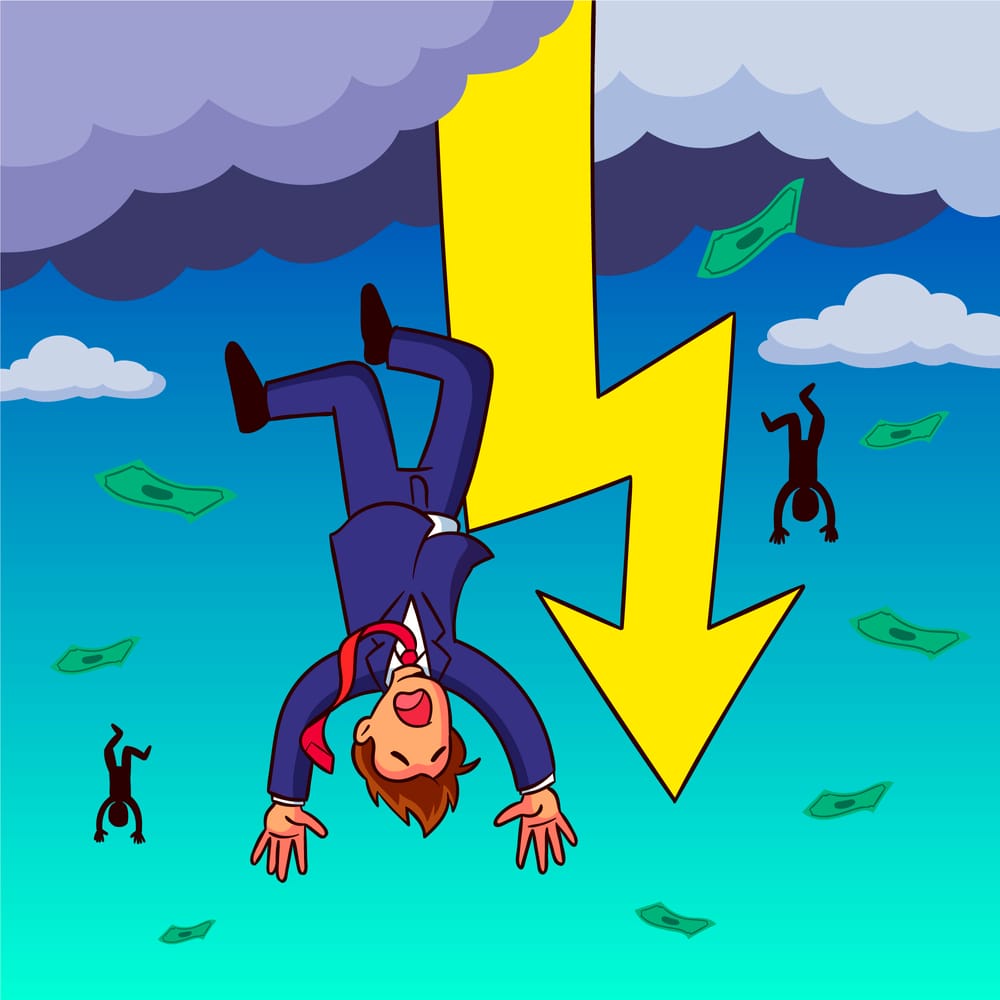The Unexpected Benefits of Failure: Turning Setbacks into Success
In our success-driven world, failure often wears a cloak of shame and disappointment. We’re taught to avoid it at all costs, to strive for perfection and seamless achievement. But what if failure was not the end of the road, but rather a crucial part of the journey? What if failure held the seeds of growth, resilience, and innovation?
Let’s embark on a journey to reframe failure, understanding it as a valuable learning experience through inspiring stories of those who overcame setbacks to achieve greatness.
Embracing Failure: A Catalyst for Growth
Failure, at its core, is a powerful teacher. It exposes our weaknesses, challenges our perspectives, and pushes us out of our comfort zones. When we fail, we are presented with an opportunity to learn, adapt, and improve. It is through failure that we develop resilience, the ability to bounce back stronger than before.
The Story of Thomas Edison
Thomas Edison, one of history’s greatest inventors, famously said, “I have not failed. I’ve just found 10,000 ways that won’t work.” Edison’s path to inventing the electric light bulb was riddled with failures. He conducted thousands of experiments, each one resulting in a seemingly futile outcome. But instead of being discouraged, Edison viewed each failure as a stepping stone, a necessary step towards eventual success. His perseverance paid off, and his inventions changed the world.
Edison’s story teaches us that failure is not a dead end but a detour—a way to find new methods and solutions. By learning from his mistakes, Edison was able to refine his ideas and eventually achieve his goals.
Transforming Failure into Success: Practical Steps
While inspirational stories provide motivation, it’s essential to have practical strategies for turning failure into success.
- Shift Your Mindset: View failure as a learning opportunity rather than a personal flaw. Embrace a growth mindset, understanding that skills and intelligence can be developed through effort and persistence.
- Analyze and Reflect: After a failure, take time to analyze what went wrong. Identify the specific areas where you can improve and develop a plan to address them.
- Seek Feedback: Constructive criticism from others can provide valuable insights that you might overlook. Don’t be afraid to ask for feedback and use it to enhance your skills and knowledge.
- Set Realistic Goals: Break down your larger goals into smaller, manageable tasks. This approach reduces the risk of feeling overwhelmed and allows you to celebrate small victories along the way.
- Stay Persistent: Persistence is key. Remember that every failure brings you one step closer to success. Keep pushing forward, even when the path seems daunting.
Conclusion: Embracing the Gift of Failure
Failure is inevitable, but it doesn't have to be a roadblock. By cultivating a growth mindset, embracing the learning opportunities, and drawing inspiration from others who have overcome setbacks, you can transform failure into your secret weapon for success. So, the next time you encounter a setback, don't despair. Embrace it as a chance to learn, grow, and come back even stronger.




